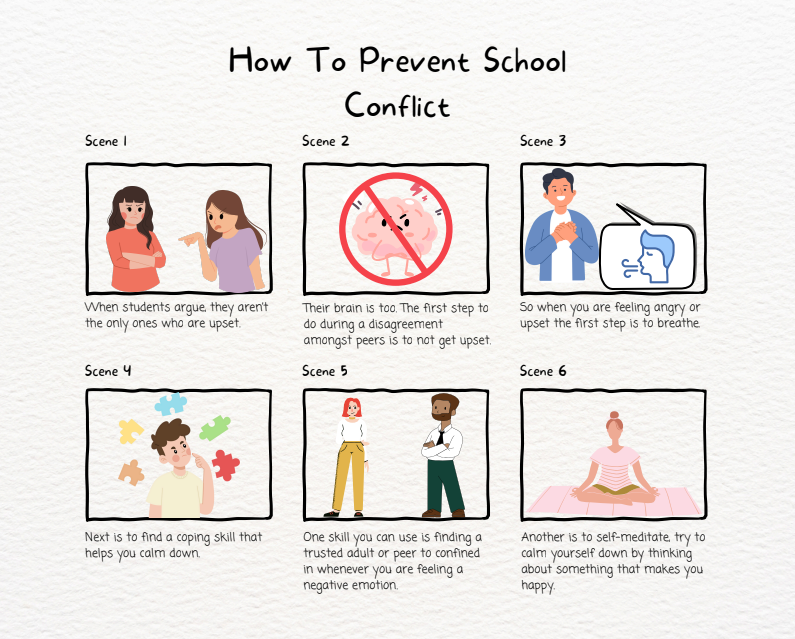Gentle parenting is the philosophy that parents should exhibit emotional regulation so that the child will display those same qualities. Given there are adults who lack self-awareness and maturity, this is not a universal solution to better-behaved children.
Gentle parenting was introduced in the 1920s and recently gained popularity through the internet and social media. At first glance, this parenting style demonstrates a happy and well-behaved child, but looking closer there are children who lack emotional understanding and discipline.
Discipline teaches children self-control and respect; this is crucial to the social development and mentality of the child. Without the foundation of respect for the parent, the child is likely to act disdainfully. The home dictates their mindset and integrity. The gentle parenting style can lead to a lack of boundaries. Gentle parenting encourages freedom in the child’s decision making, though there is no doubt this can create issues in saying “no.”
This type of parenting style is bound to encourage erratic behavior and misunderstanding, especially to an easily enticed child.
Growing children are susceptible to everything they see, from the environment they are raised in to the people they are exposed to. Parents can be the most influential to a child. Parents control the discipline given to the child and the boundaries set within the relationship. That being said, it is important to suitably and adequately adjust the child’s surrounding conditions to provide a healthy and disciplined experience. Without the involvement of punishment in the child’s wrong-doings, this teaches the child that destructive actions can go without consequences.
Overstimulation of a child is part of the process of learning how to regulate extreme emotions, for both the parent and child. This time period of tantrums and meltdowns (two completely different types of overstimulation) tests the emotional limits of the parent and child.
“Monkey see, monkey do,” is a popular term for the mimicry seen within people. This is most commonly seen in children and their peers and/or guardians. Humans are naturally curious, so it makes sense that children would attempt to try out things they see for the first time. This is why it is vital for parents to carefully watch their own actions and responses.
Emotionally unavailable parents can teach children to ignore emotions, which in time, would cause outbursts in the future. On the other hand, parents that are constantly in a high level of stress or anger shows the child that engaging in ebullition is normal and acceptable. Coming back to the social development of the child, this behavior is not tolerable in the “real world.” Dramatic and unnecessary tantrums from an adolescent is beyond admissible, especially if the adolescent is doing it for self-benefit. Emotional regulation is important for a child because that is the time where foundations are built. Children in this period of time are learning how to socialize, express wants and needs and process emotions.
Giving a child too much emotional freedom and validity can cause the child to feel privileged. Gentle parenting revolves around the idea that respect and validation should be given to the child. However, the lack of boundaries can result in too much respect for the child or too little for the parent. Validating a child’s emotions seems harmless, but making the child feel like those emotions are OK to express each and every time can be destructive. For example, anger can be a difficult emotion to compose and communicate. That being said, it is important to show the child that there is a way to go about communicating anger rather than showing it physically, which could hurt someone.
This does not mean that the child’s emotions are any less important; it only shows why it is so crucial to give children that healthy expectation of emotional regulation. The mentality of a child resorts to their emotional and physical well-being. Refusing to give the child a sense of communication and composure can cause their emotions to build up. Not only is this severely unhealthy for a young child but it can result in mental health issues such as depression and anxiety.
Gentle parenting can be harmful, from the lack of respect and understanding to the mentality of the child. While children should have the freedom to express and communicate emotions, exposure to too much or too little emotion can cause an imbalance in regulating those feelings.







